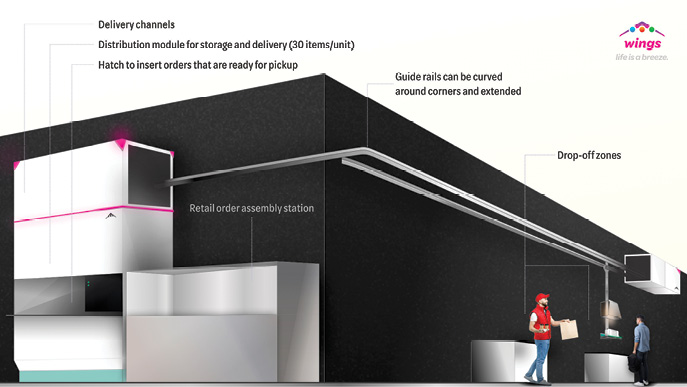Cannabis Global, Inc. (OTC PINK:CBGL), an innovation-oriented company investing in disruptive cannabis technologies, today releases an update letter from its CEO on recent and upcoming events.
Dear shareholders of Cannabis Global, Inc.
Over the past week, a considerable amount of attention has been focused on the Cannabis sector with two possible congressional actions to create a nationwide legal framework for both recreational and medical cannabis usage. With increased focus on the sector, I thought it would be an excellent time to provide our shareholders with an update on the very positive developments occurring at our company.
Revenue generation: As we have recently announced, our company is beginning to gain traction, which is clearly being seen in the growth of our revenues across multiple sectors. While we have not yet reported results for our most recently closed fiscal quarter, which ended on February 28, we expect the growth patterns we experienced late last year to continue. This revenue growth is being driven by new products entering the market, an increase in our distribution efforts, and the acquisition of numerous new retail dispensary customers throughout California. We expect these trends to not only continue, but to likely accelerate.
Successful revamping of product mix: As the cannabis consumption in the primary metropolitan areas of California has matured, cannabis customers are demanding a variety of new products. We have followed one of the major growth trends in the industry and revamped our product offerings accordingly. Our Live Rosin products, which are produced without any solvents, continue to gain strong traction with multiple orders coming into the company. As a result, we have significantly geared up our manufacturing capability in this area. We are expecting the solventless trend to accelerate as we move throughout 2022.
Product line acquisitions: We recently announced the acquisition of several product lines from a successful branding and marketing group, Caliwanna. These grants are now being marketed through Cannabis Global and we are working with Caliwanna‘s staff to immediately bring our current products to a much wider dispensary audience throughout California. This will include not only our solventless extract products, but also Live Rosin infused pre-rolls, and cannabis infused edibles.
Copyright
© 420 Intel




